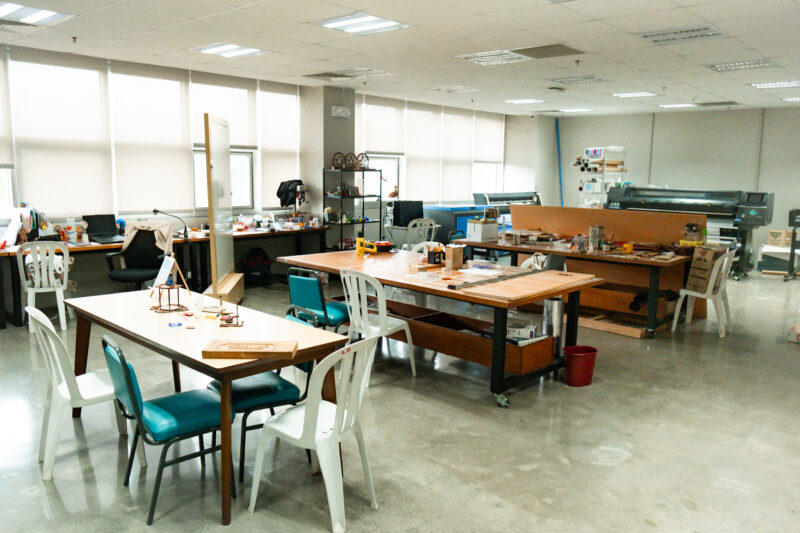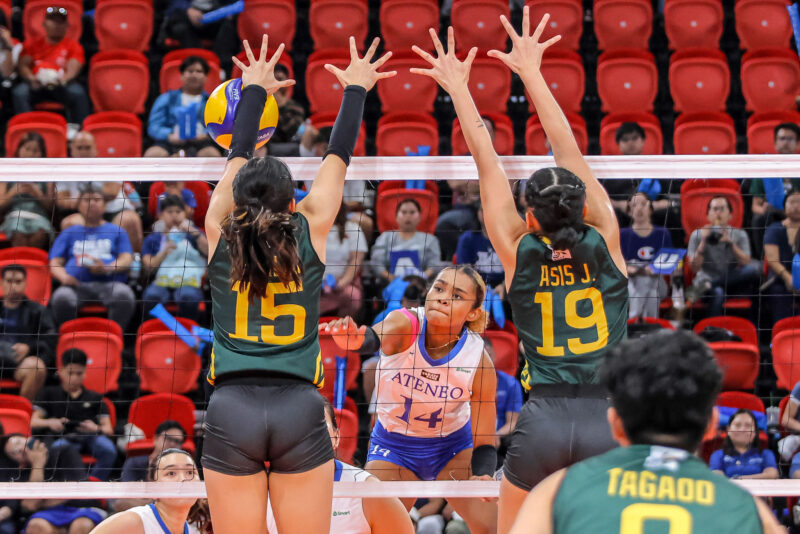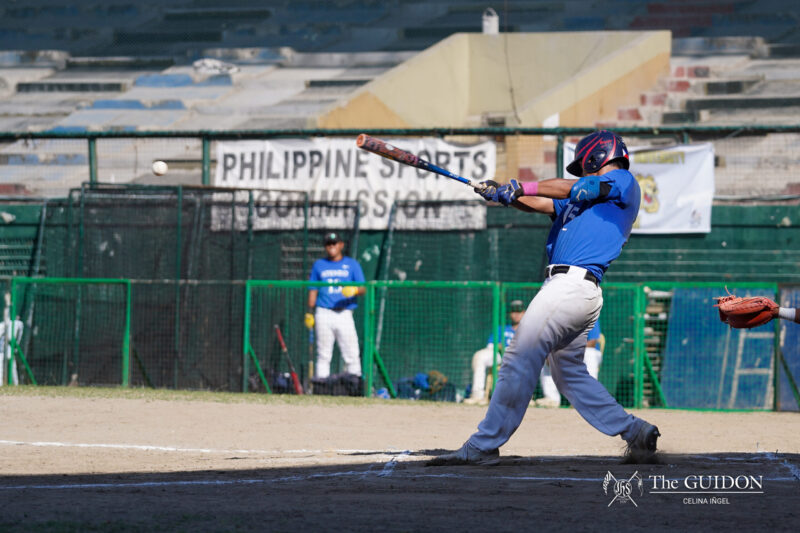The Blind Side
“I am a BlackBerry person,” the US Secretary of State said.
Amidst BlackBerry’s fall in shares to other players in the smartphone industry, the Canada-based company should pay Hillary Clinton for publicly endorsing them. Perhaps, had I tweeted that at the time, my message would find its way to the company’s head of marketing, and I would have had my own five minutes of fame. Such a situation is a possibility in the age of social media, which Clinton refers to as the age of participation: with a click of a button, billions could tune in to your message.
In a day that was loaded with politics, the former first lady, New York senator, and current wing-woman to President Barack Obama graced an audience of about 150. The Museum Foundation of the Philippines Hall was filled with bloggers, news media, USAID scholars, and campus journalists—the latter, the US embassy now probably regrets inviting, especially after the editor-in-chief of UP Diliman’s Philippine Collegian broke the air of peace by protesting against the mutual defense treaty.
Despite the temporary disruption, however, Clinton remained poised, unfazed, buffered by the “rhinoceros skin” she claimed to have developed after years in the public eye. “It’s okay. It comes with the territory,” she said after the incident, easing the tension in the room. After all, this is the same Hillary Clinton that stood by her husband’s side after he faced and admitted allegations of having a relationship with Monica Lewinski.
Throughout the forum, madam secretary answered questions via Skype, Twitter and Facebook. Aside from the audience’s desire for Clinton to run for president, it was increasingly apparent that the forum’s emphasis was on the youth and social media. Time and time again, the hosts would remind everyone to tweet with the hashtag, #SecClintonManila.
Clinton herself preached of the power of social media, noting the impact of one woman’s tweet expressing her dismay at a bank’s plan to charge five dollars for using the debit card. One tweet led to the formation of an army backed by Facebook and Twitter users—eventually resulting in the bank cancelling all plans of charging debit use.
It has been written about in countless articles, and has been the subject of several research papers—the power of the Internet: the Internet as a tool for giving voice to people under oppressive regimes, the Internet as a vehicle for democratization, among other things. But Clinton made it simple; she said: “What we’re seeing with Facebook and Twitter is the power of the individual.” Such a statement injected waves of empowerment within each person in that room. From the back, it was like witnessing a sea of bobbleheads nodding in agreement.
That day, Hillary Clinton said a lot of things that we have probably already heard, but coming from her, everything just struck gold—at least for me.
Clinton’s presence showed what our nation was so direly missing: a genuine public figure willing to communicate, assure and reassure his or her belief in the nation.
In one visit, Clinton revealed what our country is suffering from: a case of low self-esteem. How is a country supposed to progress if it doesn’t even believe in itself? Though economic forecasts spit out stats and trends pointing to the Philippines’ positive future, a good reminder from the president himself or from pertinent public leaders would be nice.








[…] posted by The Guidon on Dec. 4, 2011 Categories : Opinion, The Latest Share this post via : Twitter, Facebook, […]